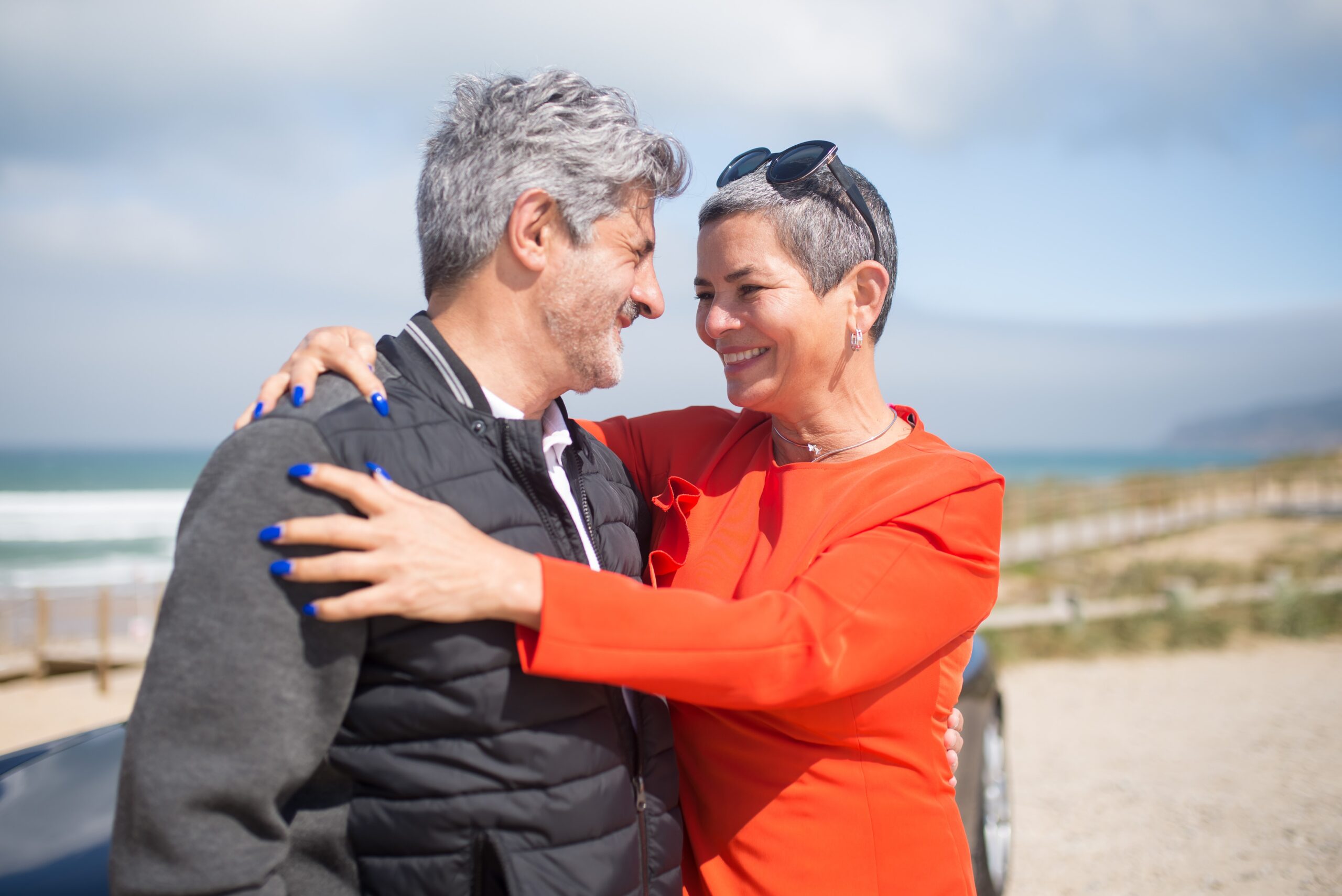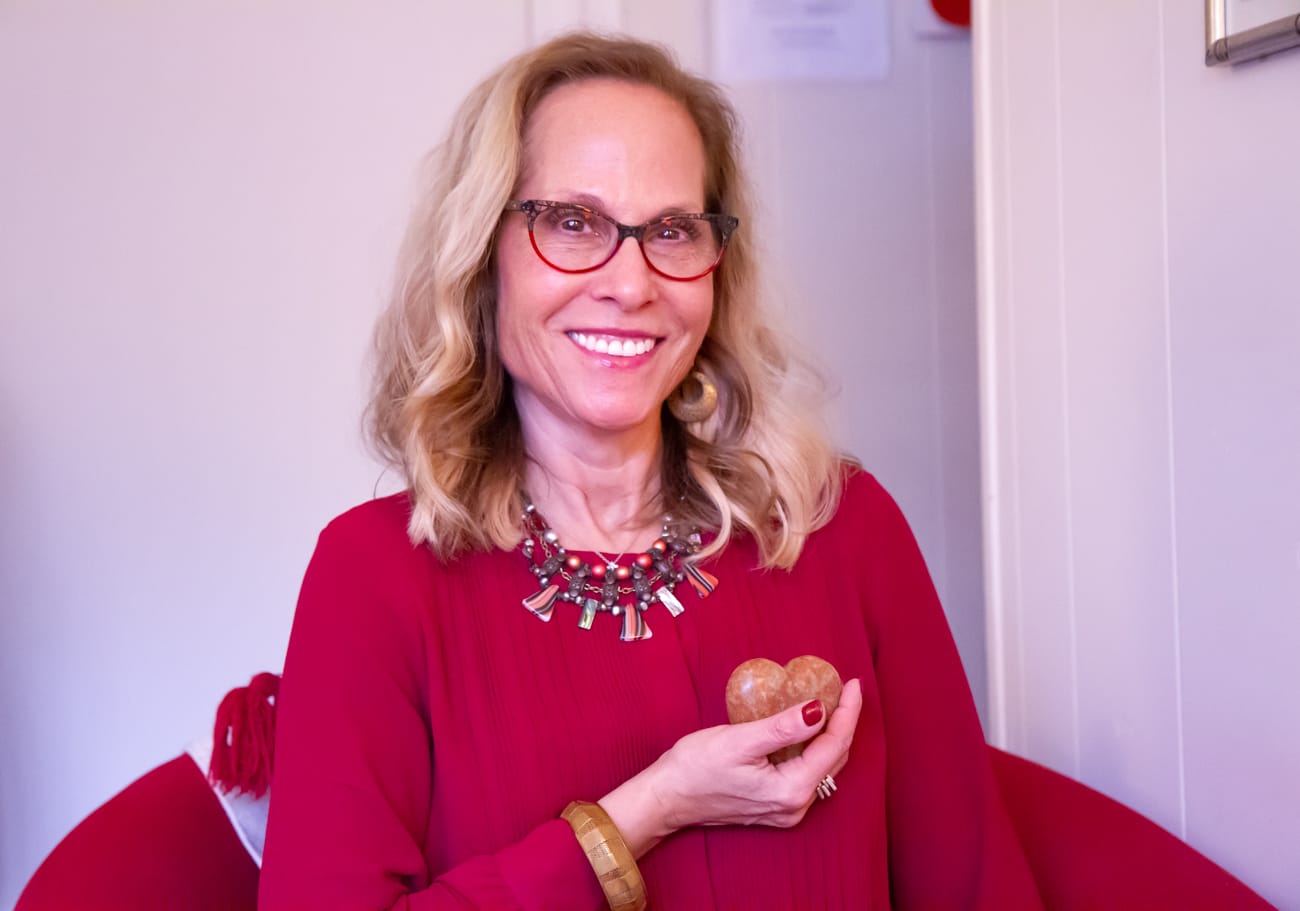-

Your daily habits define relationship longevity.
You are what you do daily… so make good habits for yourself and your relationship! “The happiness of most people is not ruined by great catastrophes or fatal errors, but by the repetition of slowly destructive little things.”– Ernest Dimnet Gratitude Your daily habits with the person you love will define the overall health of…
-

Choose Your Words Wisely
Choose your words wisely… Words are an instrument to heal or wound – to connect or separate. Try to think about the words you use with your partner this week… Do they heal or wound, connect or separate? The traumatizing and/or healing effect that words can have on people.. especially when in a committed relationship,…
-
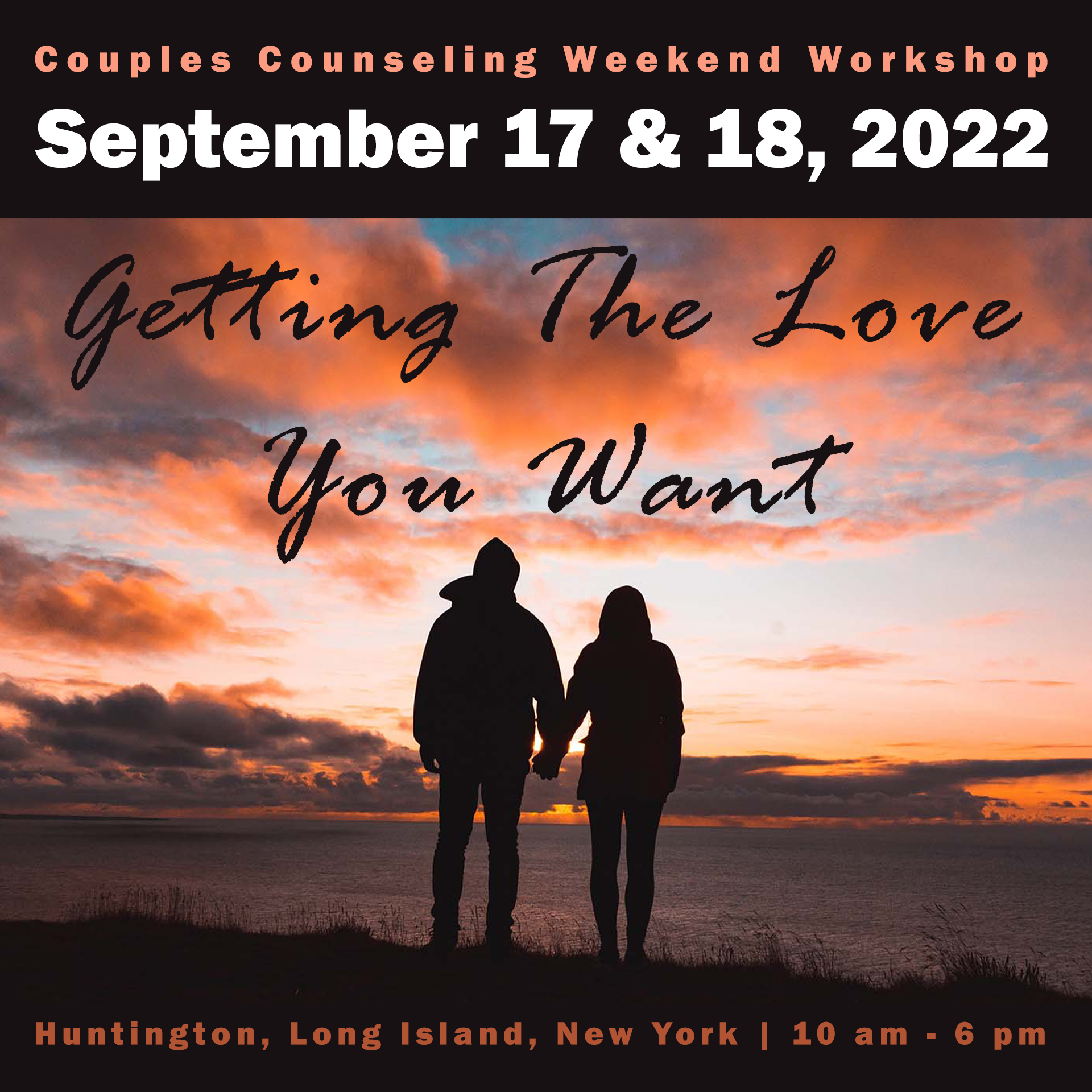
Getting The Love You Want Couples Workshop 2022
We’re excited to share with you our new dates for our weekend couples counseling workshop, ‘Getting The Love You Want’ in Long Island, New York. Taking place in Huntington, NY, this intensive couples workshop gets right into it, no messing around. Robin Newman, Imago Relationship Therapist, Social Worker & Owner of the Huntington Relationship Center…
-

Your Relationship Issues Were There Before Covid
Your Relationship Issues Were There Before Covid with Robin Newman, LCSW in Long Island So, one of the things that I am finding ‘post-covid’ now that things are opening up more is people coming in individually, not as a couple, to talk about the disillusionment of their relationship and how Covid has put their relationship…
-

When is it time to break up?
What should you do if you’re in doubt about whether you should stay or leave the relationship you’re currently in? How do you know when a relationship is over? Well, there’s many answers to this, and it’s quite nuanced to our individual lives, but here’s a very small list of signs that your relationship may…
-
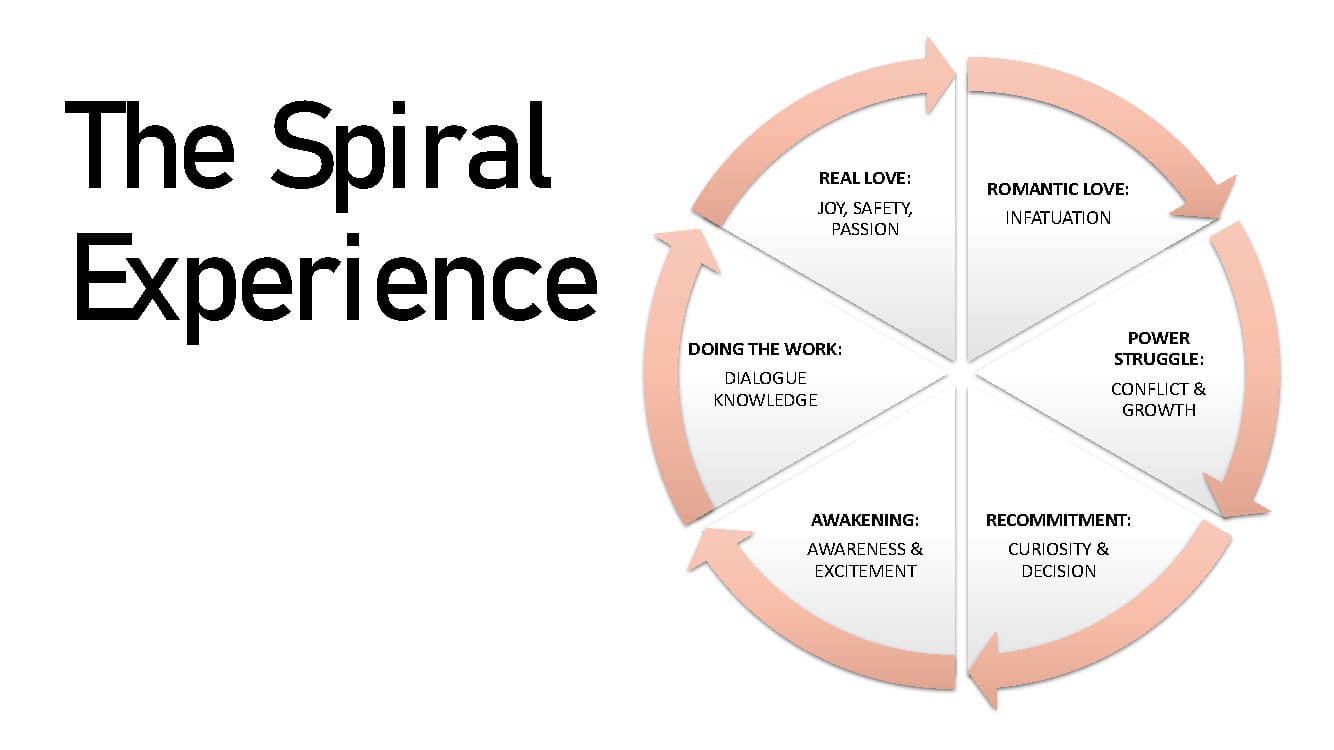
The spiral experience in relationships – Imago therapy NY
Robin talks about the spiral experience in relationships according to Imago relationship therapy during her couples’ intensive workshops in Long Island, New York. For more information on couples counseling, contact Robin today. All relationships start off with a flood of good emotions, then couples begin to hit a wall when things get challenging. What Robin…
-
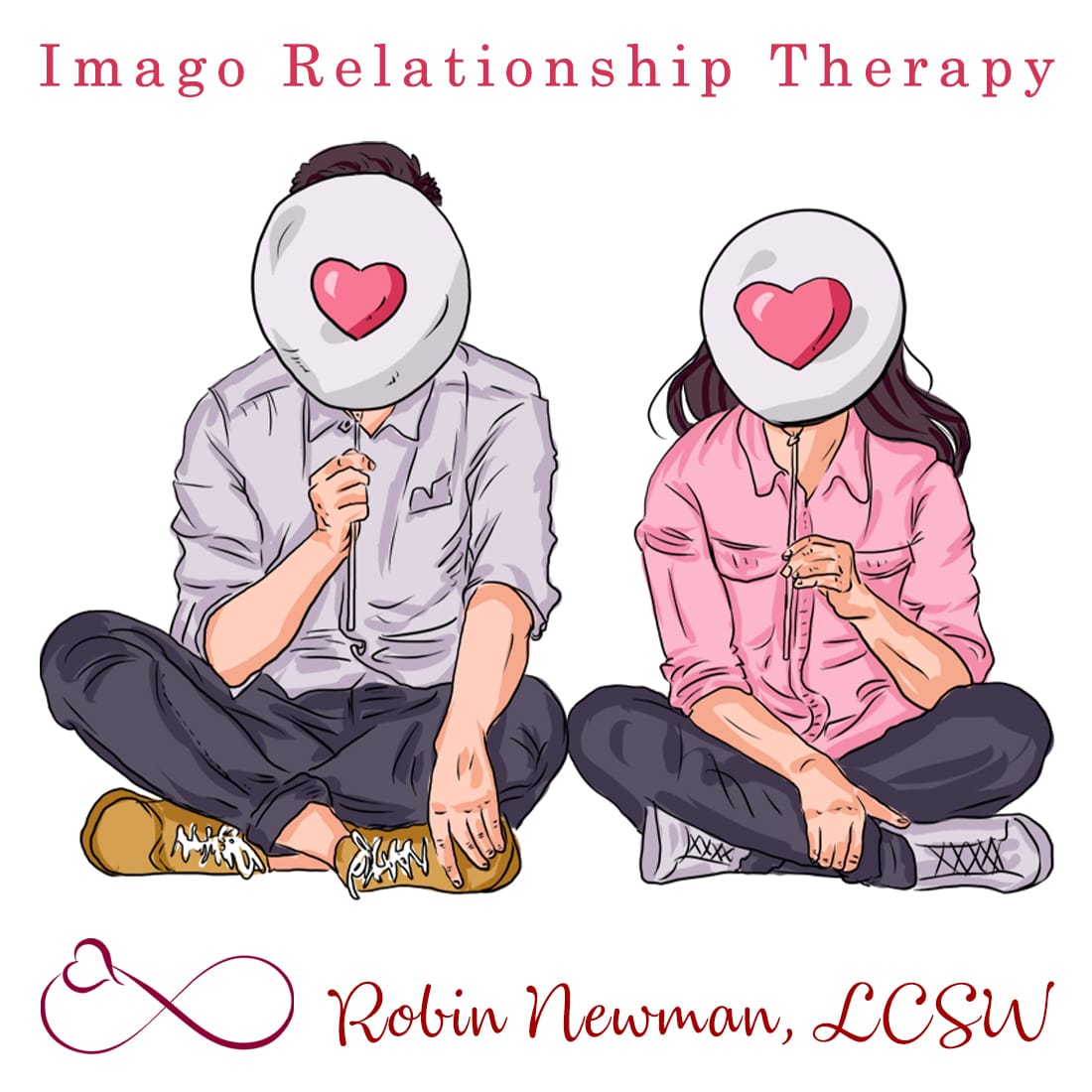
The Imago Dialogue for Couples
If you feel that your relationship is lacking intimacy, I highly encourage you to look into the Imago Dialogue. As an Imago Relationship Therapist, I help guide couples who struggle for re-connection to find their way, develop better communication skills, and fully be heard and understood. Once this happens, couples open up, their hearts open,…

